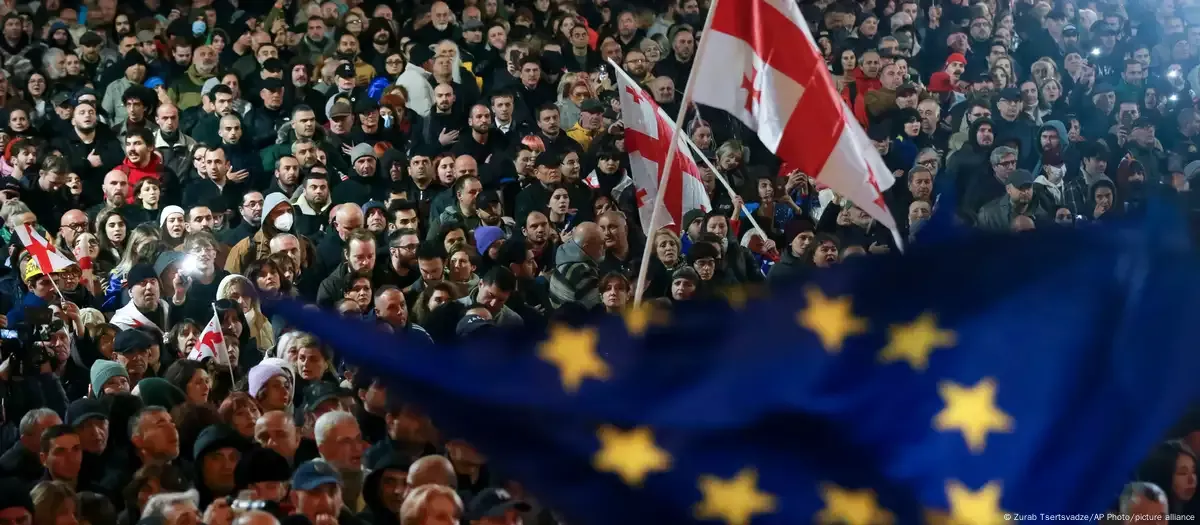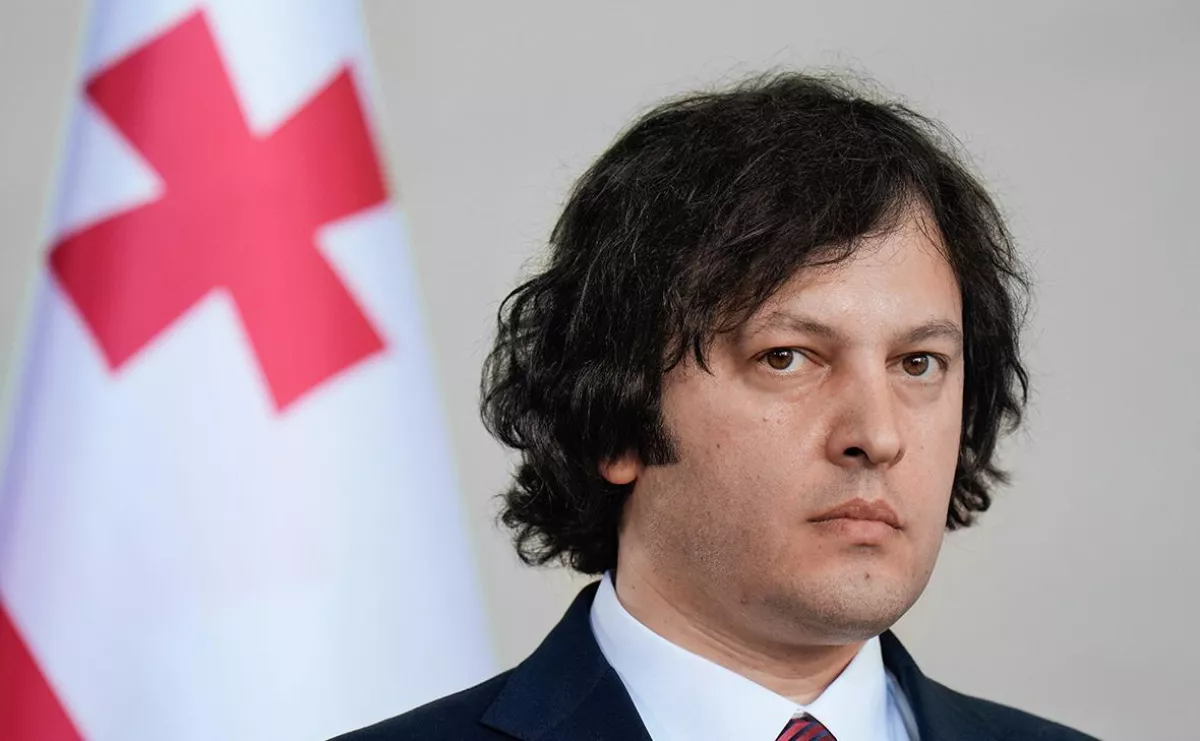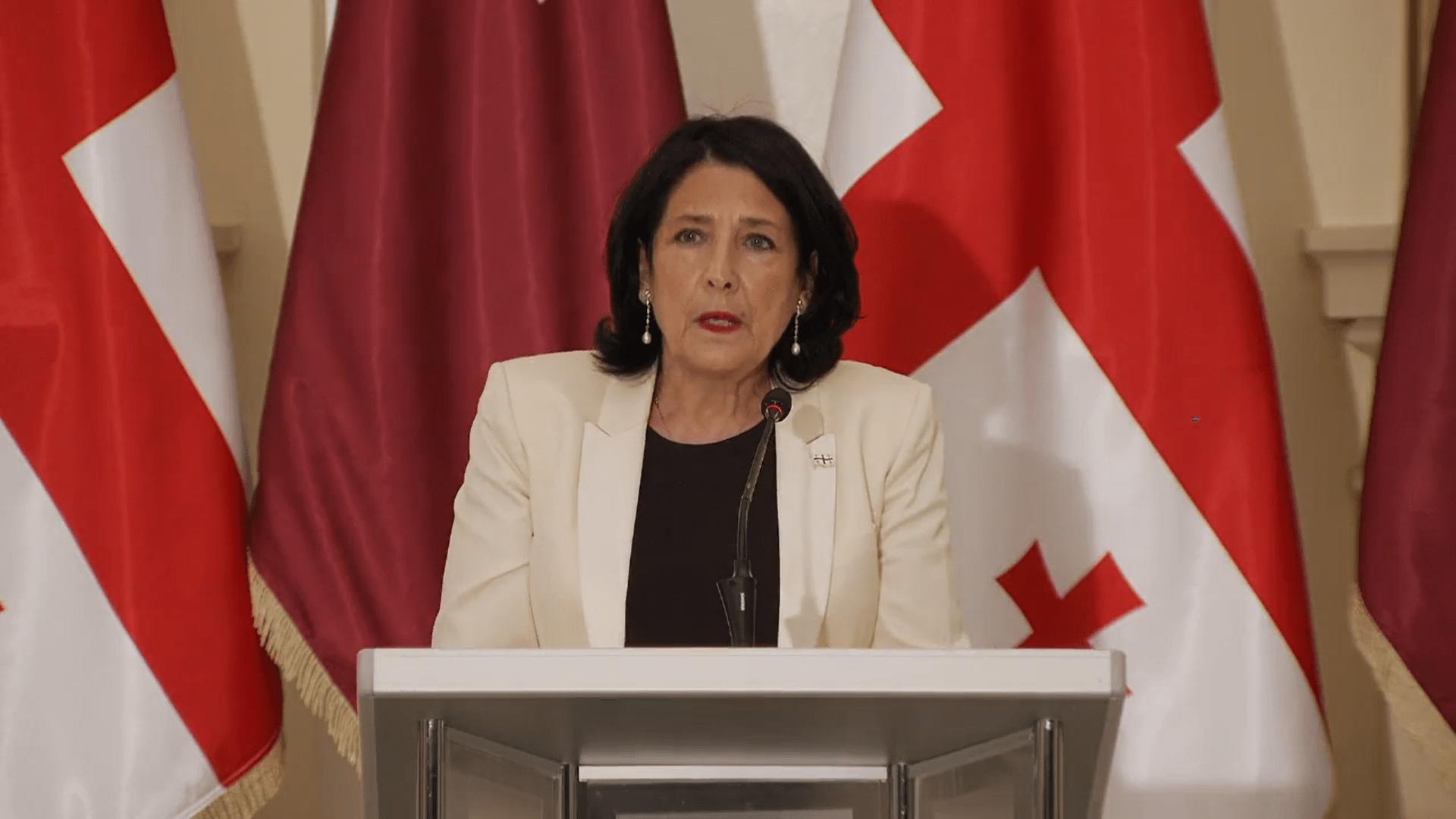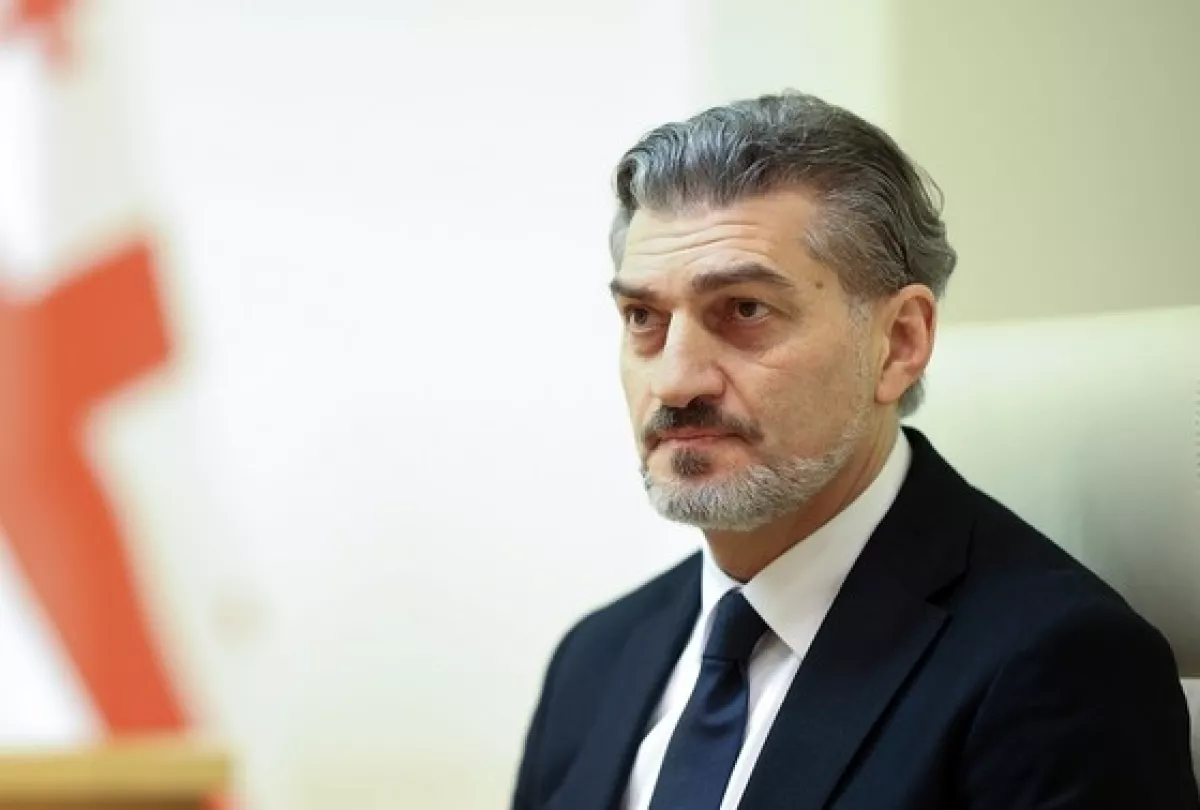Georgia: Western pressure vs. eastern cooperation Stability or subversion?
With each passing day, it becomes increasingly clear to the Georgian authorities and citizens who their real friends and reliable economic partners are—and who merely seeks to use the country as expendable material in geopolitical games.
Whenever Georgia refuses to play the role of a pawn in someone else’s scenario, it is met with blackmail and threats.
The EU has already threatened to cut Georgia off from the SWIFT banking system and suspend the visa-free regime. Furthermore, in a statement published on X by the European Parliament on July 19, 2025, it was declared that Georgia would not be able to join the European Union unless its government “changes its authoritarian course” and holds “fair elections.”
However, this latest threat rings hollow, as other EU membership candidates—Ukraine and Moldova—have made no real progress in recent years toward European integration. It is far from certain that they will become members of the Union at all.

In 2024, the European Union bet on provoking street unrest and a violent change of power in Georgia. The pro-Western opposition failed to win the parliamentary elections on October 26 due to extremely low levels of public support. This was well understood by its foreign handlers, which is why the main focus shifted toward organising protests through affiliated NGOs, with the aim of escalating demonstrations into a “Maidan”-style uprising, mass riots, and ultimately a coup d’état.
Roughly a month after the elections, on November 28, 2024, protests began in response to the government’s decision to postpone EU accession negotiations until 2028. The authorities acted decisively, yet strictly within the framework of the law, neutralising provocateurs and the most radical opposition leaders who were deliberately inciting protesters to attack law enforcement officers. Thanks to precise and well-coordinated actions by the security forces, large-scale clashes and bloodshed were successfully avoided.
Following the neutralisation of provocateurs and the imposition of strict restrictions on the use of life-threatening items by protesters—such as fireworks and Molotov cocktails—the demonstrations gradually lost momentum, became marginalised, and ceased to pose a threat to public order.
The reasons behind the recent measures were explained by Prime Minister Irakli Kobakhidze. According to him, there is no place for repression in Georgia; however, in order to prevent impunity, law enforcement agencies were compelled to detain individuals involved in the violence during the unrest. More than 170 police officers were injured in the protests, and 32 people have been criminally charged.

“It’s simple logic: if a crime goes unpunished, it is encouraged. The state cannot remain passive—it must respond to crimes that have been committed,” Kobakhidze emphasised.
He also stated that during the recent unrest, around 1,000 people participated in acts of violence, but only about 30 were detained—something he cited as evidence of the high standard of investigations in the country. However, according to local human rights organisations, the total number of people detained during the protests exceeded 400, with more than 200 charged with administrative offences in a single day. Criminal cases were opened in approximately 30 instances.
Nevertheless, the stabilisation of Georgia’s political situation does not appear to be part of the agenda for the Western “handlers” of the opposition. Brussels, it seems, is still hoping for an “explosion” in the country and the opening of a “second front” in the conflict with Russia—one that would paralyse critical transit routes through the South Caucasus, including the Middle Corridor.
The EU continues to issue ultimatums to the Georgian authorities: release the provocateurs and organisers of the unrest, and hold new parliamentary elections under external supervision. Aware that the opposition has no real chance of winning the upcoming local elections on October 4, 2025, it is, with EU backing, attempting to use them as a pretext for a renewed destabilisation effort.

An additional risk factor remains the self-proclaimed “legitimate president” Salome Zourabichvili, whose term expired in December last year. Taking her cues from Paris and Brussels, she continues to serve as a figure whom foreign handlers seek to pit against the current president, Mikheil Kavelashvili, in an effort to stir unrest ahead of the upcoming elections.
Notably, in a recent address, President Mikheil Kavelashvili stressed the importance of maintaining peace in the country and ensuring that the upcoming local elections are held freely and fairly.
“A Georgian citizen, a president—everyone shares one common responsibility: to ensure peace and stability in the country, and to guarantee that every citizen has the full ability to make a free choice in the elections, as required by our Constitution and the law. As the presidential institution, we will observe this process—we will not intervene in any other capacity,” he stated.
“They [the opposition] have used the presidency as a tool to provoke confrontation. The same applies to the local self-government elections—they are trying to distort the political process and pursue revolutionary scenarios,” the president warned.
Kavelashvili called on the opposition to demonstrate political maturity to the Georgian people, rather than to their foreign patrons. He noted that the ruling Georgian Dream party has already achieved some tangible results, though more could have been accomplished. The opposition, he argued, fails to demonstrate effectiveness because it operates under external influence.

“A Georgian citizen must look objectively at everything that is happening. Everything is clear. The rest are artificial issues that have run their course—and we must make sure they do. We will not allow anyone to destabilise the country,” the president declared.
While Western actors continue their destructive efforts, Türkiye, Azerbaijan, and the Central Asian states, by contrast, are genuinely interested in a stable Georgia. The country is being offered participation in promising development projects within the Middle Corridor initiative, which is turning the South Caucasus and Central Asia into key transit hubs between Asia and Europe, as well as an important engine of economic growth across the broader Eurasian space.
For example, during the visit of Georgia’s Minister of Economy and Sustainable Development, Mariam Kvrivishvili, to Uzbekistan, she was invited to consider Georgia’s participation in the China–Kyrgyzstan–Uzbekistan railway project. This was reported by Uzbekistan’s Ministry of Transport.
During talks with Uzbek Transport Minister Ilkhom Makhkamov, discussions also focused on expanding cooperation in the fields of road transport, railway connectivity, and the development of international multimodal corridors involving Georgian seaports.
“Ilkhom Makhkamov, recognising the significance of the China–Kyrgyzstan–Uzbekistan railway project and its potential integration into international transport networks—particularly the Middle Corridor—proposed that the Georgian side consider the possibility of participating in the project,” the statement read.
Georgia’s participation in this project may be symbolic in terms of investment volume, but it is politically meaningful. It affirms the country’s agency and its sense of belonging to the emerging geoeconomic space of the Middle Corridor. This is especially important given that the China–Kyrgyzstan–Uzbekistan route—linking the world’s most advanced economy with Central Asia’s most populous country—critically depends on access through the Caspian Sea, Azerbaijan, and Georgia to reach Europe.
It is clear that successful implementation of this project hinges on political stability in Georgia. It is in the interest of China, Türkiye, Azerbaijan, and the Central Asian states to see Georgia as a stable, developing, and economically dynamic partner—not a country dragged once again into street unrest and revolutionary scenarios.
By Vladimir Tskhvediani, Georgia, exclusively for Caliber.Az








